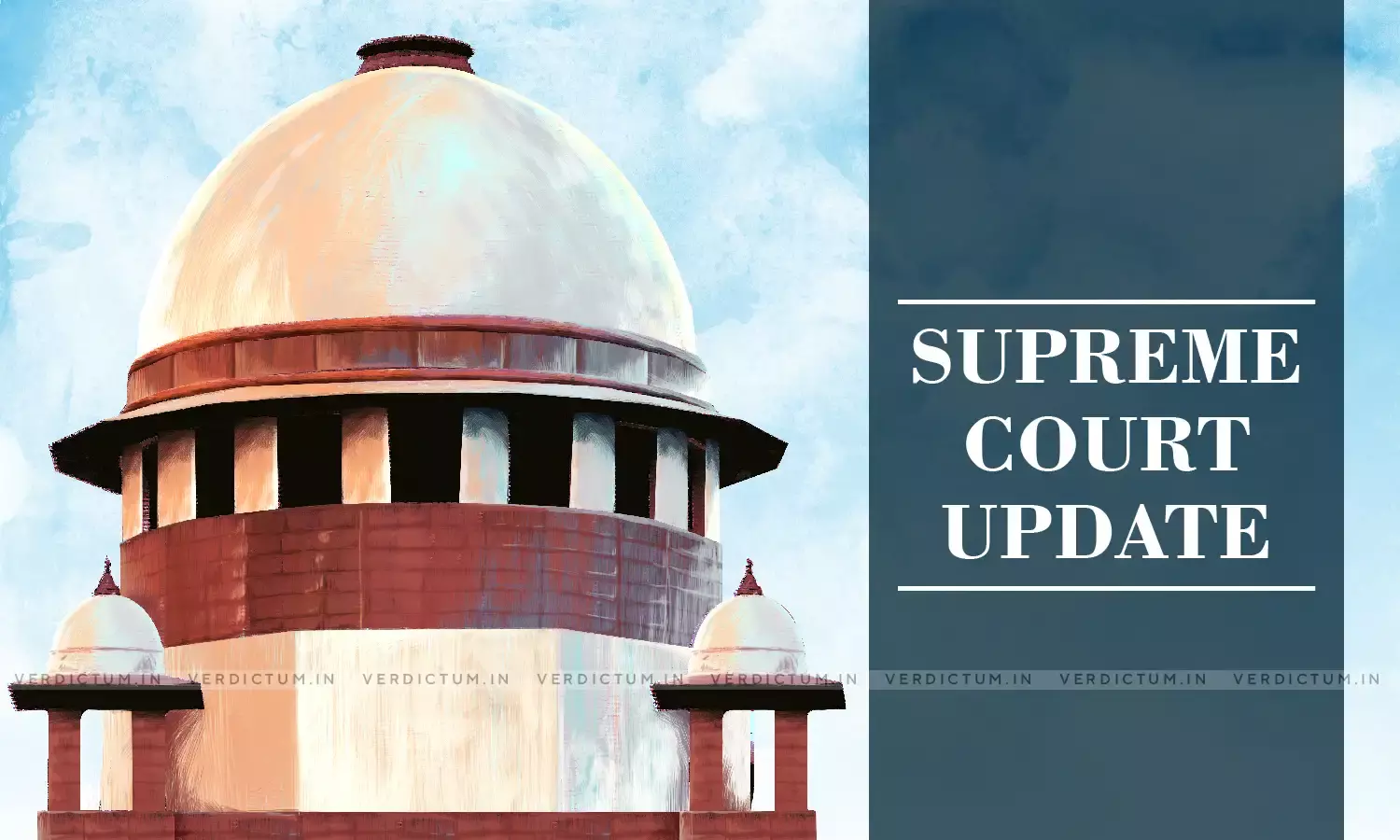Excommunication In Dawoodi Bohra Community: SC Reserves Order On Referring Issue To Larger Bench

A five-judge Constitution Bench of the Supreme Court today reserved its order on whether to refer the plea on the practice of excommunication in the Dawoodi Bohra community to a larger bench for adjudication.
The Constitution Bench headed by Justice S K Kaul was considering if the Shiite Muslim community of little over 10 lakh people spread across several countries, has the right to excommunicate its dissenting members.
"The fact that this matter has been pending since 1986 troubles us....The options before us is to determine the limited issue that remains before us, or to refer it to the nine-judge Bench," the Bench also comprising Justice Sanjiv Khanna, Justice A S Oka, Justice Vikram Nath and Justice J K Maheshwari, said.
At the outset, Solicitor General Tushar Mehta, appearing for the Centre, submitted that reconsideration of the Dawoodi Bohra excommunication verdict pronounced by a five-judge Bench may not be possible by a Bench of the same strength.
Senior Advocate Fali S Nariman, appearing for one of the parties, suggested the matter should be referred to a larger bench.
The Bench was earlier told that the Bombay Prevention of Ex-communication Act, 1949 has been repealed and The Maharashtra Protection of People from Social Boycott (Prevention, Prohibition and Redressal) Act, 2016 has come into force.
Section 3 of the 2016 Act refers to 16 types of social boycott of a member of the community and section 4 says social boycott is prohibited and its commission shall be an offence.
One among the 16 types mentioned in the 2016 Act deals with expulsion of a member of a community.
The 2016 Act says a person convicted of the offence would be punished with imprisonment, which may extend to three years, or with fine which may extend to 1 lakh rupees, or with both.
A five-judge Constitution Bench of the Apex Court had in 1962 ruled in the Sardar Syedna Taher Saifuddin Saheb vs The State of Bombay case that the Bombay Prevention of Excommunication Act, 1949 was ultra vires the Constitution as it violated Article 26 (b) (Freedom to manage religious affairs) of the Constitution and was not saved by Article 25(2) (Freedom of conscience and free profession, practice and propagation of religion).
The 1962 judgement of the Apex Court had thereby protected the rights of the community to excommunicate its members.
Later, in 1986, a petition was filed in the top court seeking reconsideration and overruling of the judgement delivered in 1962.
The plea also sought a direction to the state of Maharashtra to give effect to the provisions of the 1949 Act. The 1949 law prohibited the practice of excommunication as it resulted in depriving its members of their legitimate rights and privileges.
In December 2004, the Apex Court had said the matter should be placed for hearing before a five-judge Constitution Bench and not a larger Bench of seven judges.
"It is only if the constitution bench doubts the correctness of the law laid down in Sardar Syedna Taher Saifuddin Saheb's case that it may opine in favour of hearing by a larger bench consisting of seven judges or such other strength as the Chief Justice of India may in exercise of his power to frame a roster deem fit to constitute," the Apex Court had said in December 2004.
With PTI inputs

